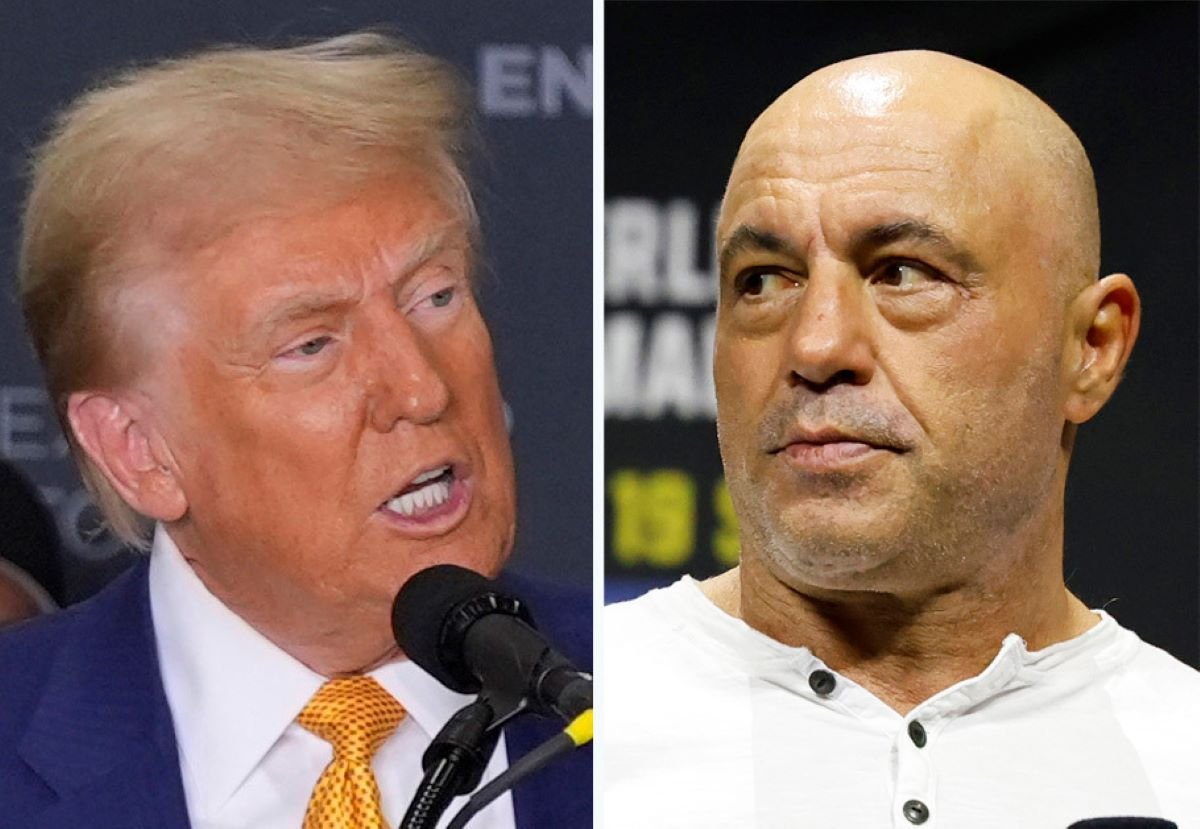Nevada Mail-In Ballots Without Postmarks Can Be Counted UP TO 3 DAYS AFTER ELECTION DAY, Court Rules
Election Interference! Rogan-Trump Interview Censored On YouTube
Peter Schiff: BRICS Countries Should Turn to Gold
Who Sets the Prices for Goods?
Unhinged Whoopi Goldberg Claims Trump Wants End Interracial Marriage During Epic Meltdown

Republican presidential candidate Donald Trump wants to break up interracial marriages, deport women of color, and then find a white spouse for the husband, at least according to The View co-host Whoopi Goldberg. Goldberg’s bizarre […]
The post Unhinged Whoopi Goldberg Claims Trump Wants End Interracial Marriage During Epic Meltdown appeared first on The People’s Voice.
YouTube Censoring Joe Rogan’s Record-Breaking Interview with Donald Trump

YouTube is actively suppressing Joe Rogan’s recent interview with former President Donald Trump, making it harder for viewers to find and preventing it from trending despite massive viewership. In an age when the internet is […]
The post YouTube Censoring Joe Rogan’s Record-Breaking Interview with Donald Trump appeared first on The People’s Voice.
